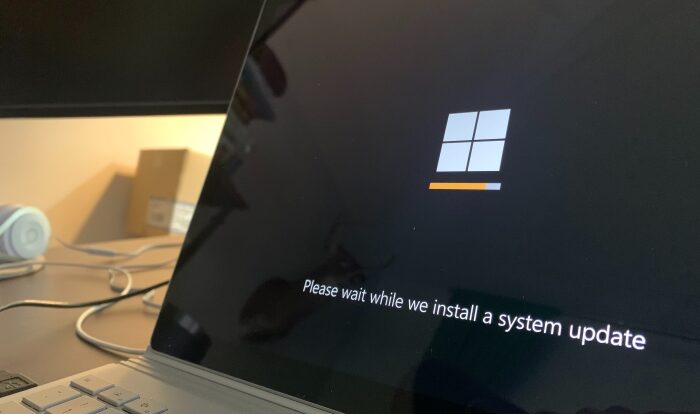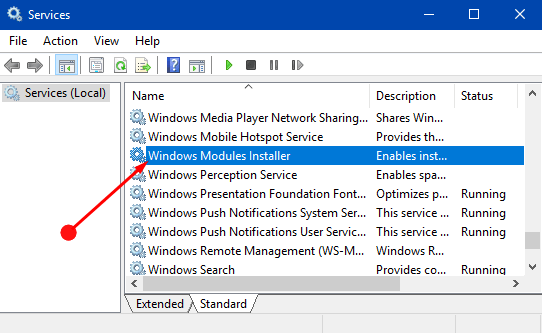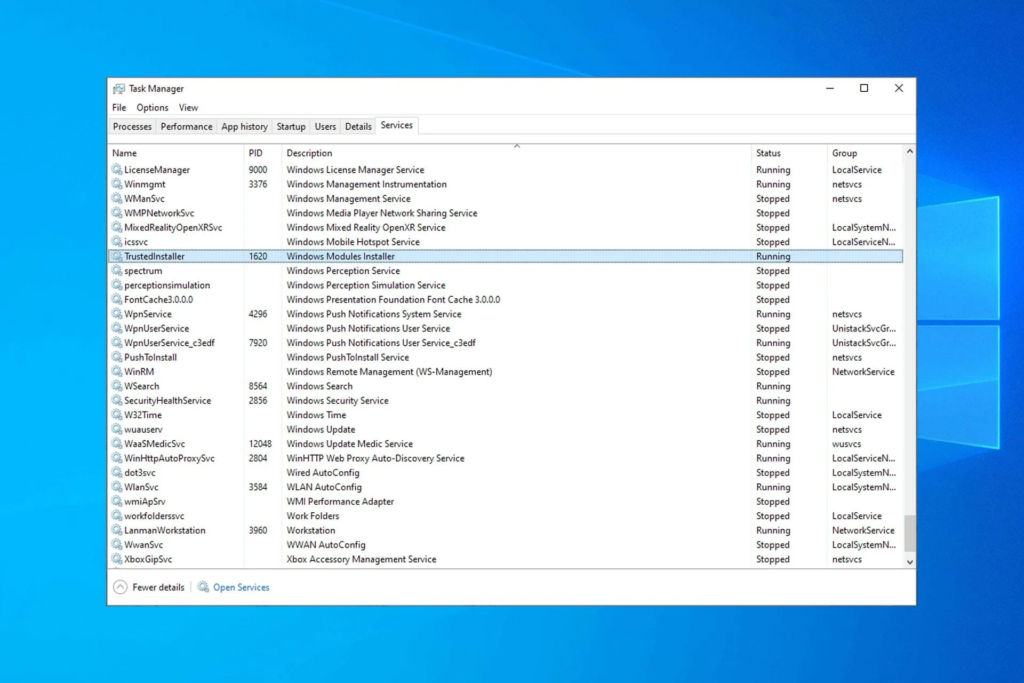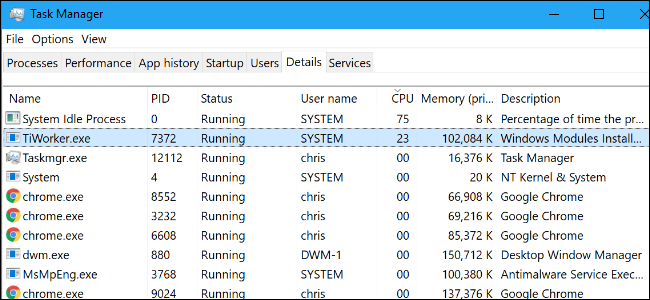
The Windows Modules Installer, also known as TrustedInstaller.exe, is an essential component of the Microsoft Windows operating system. It is responsible for managing and installing updates, patches, and service packs on the computer system.
The main function of the Windows Modules Installer is to ensure that the latest updates and security patches are installed on the computer. These updates improve the performance and security of the system, fix bugs and compatibility issues, and address vulnerabilities that may compromise the users’ personal and confidential information.
1. When does the process begin?
The Installer is a process that runs in the background, usually during system idle time, to ensure that the latest Windows updates are installed correctly. It checks for available updates from the Windows Update service and installs them silently in the background to ensure that users’ work is not interrupted.
It is important to note that the Modules Installer is a built-in, trusted component of the Windows operating system. It is not a virus or malware that can harm the system. However, if the process is using too much CPU or disk space, it can cause slowness or freezes, which can be annoying and frustrating for users.
To stop the Windows Modules Installer from running, users can disable the Windows Update service in the Services app or use the Task Manager to stop the TrustedInstaller.exe process temporarily. However, disabling Windows Update is not recommended as it may leave the system vulnerable to security threats and end up causing more harm than good.
2. What are the functions?
One of the primary functions of the Windows Modules Installer is to manage and install updates, patches, and service packs. These updates are essential for improving the performance and security of the system, fixing bugs and compatibility issues, and addressing vulnerabilities that may compromise users’ personal and confidential information. Without the Windows Modules Installer, the system would be unable to install updates and fixes, leaving it vulnerable to various security threats.
Furthermore, the Windows Modules Installer acts as a trusted service that runs in the background, ensuring that updates are installed correctly without affecting users’ work. This means that users do not need to worry about checking for updates regularly or manually installing them. The Windows Modules Installer takes care of everything automatically, making the process of updating Windows easy and hassle-free.
3. The critical function;
Another critical function of the Windows Modules Installer is that it ensures that the system files are correctly protected and maintained. It is designed to prevent unauthorized or malicious changes to the system files by restricting access to them. Only trusted system administrators with the correct security clearance can make changes to the system files. This provides an additional layer of protection, ensuring that the system is secure and free from harm.
4. Why is it so important?
In short, the Windows Modules Installer is important because it ensures that the system is secure, up-to-date, and functioning optimally. It takes care of the essential task of managing and installing updates, patches, and service packs in the background, without affecting users’ work. It also plays a crucial role in protecting and maintaining the system files, preventing unauthorized or malicious changes that can harm the system. Therefore, it is essential to ensure that the Windows Modules Installer is functioning correctly to keep the computer system healthy and running smoothly.
Windows Modules Installer is an essential component of the Windows operating system, responsible for managing and installing updates to improve the performance, security, and stability of the system. While it can cause slowness or freezes due to high CPU or disk usage, it is a trusted component that is necessary for the proper functioning of the system, and disabling it is not recommended.
Summary;
The Windows Modules Installer is a process that runs in the background, usually during system idle time, to ensure that the latest Windows updates are installed correctly. It checks for available updates from the Windows Update service and installs them silently in the background to ensure that users’ work is not interrupted.
It takes care of the essential task of managing and installing updates, patches, and service packs in the background, without affecting users’ work. It also plays a crucial role in protecting and maintaining the system files, preventing unauthorized or malicious changes that can harm the system.
Read More: 5 Best GBA Emulators for PC That Hook You Up in 2023









